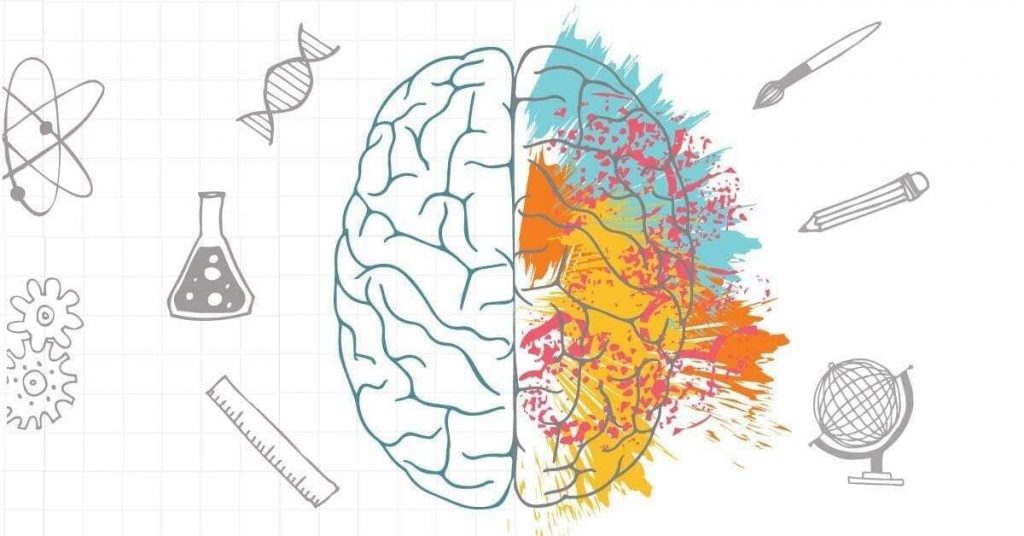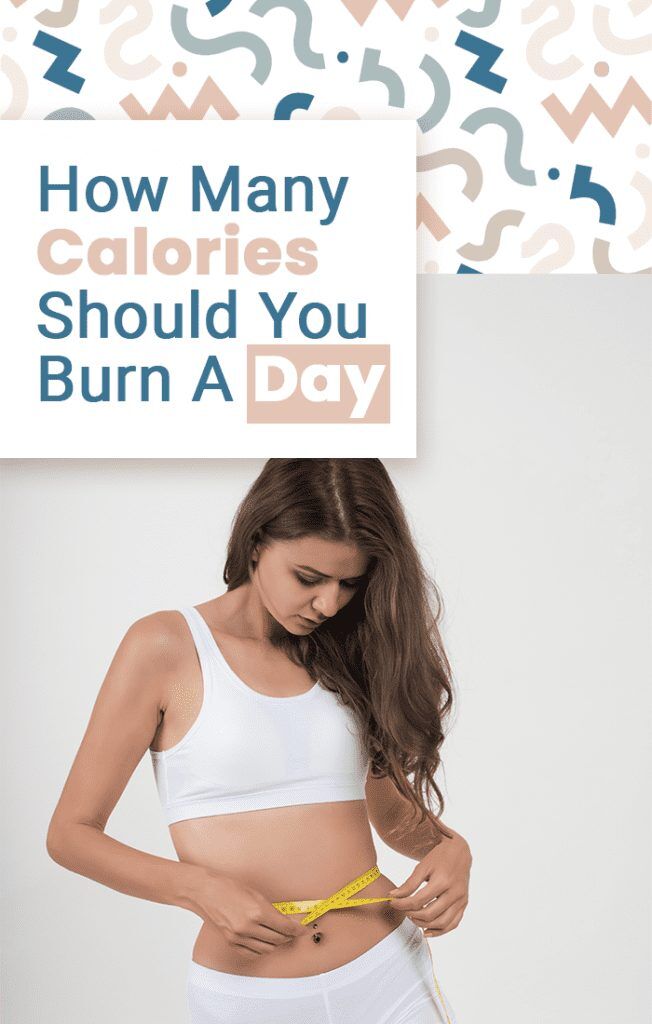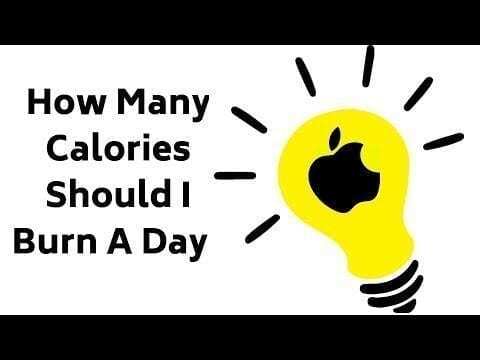Vroom. Vroom. How Many Calories Should I Burn A Day?
So the question I have been getting lately is “how many calories should I burn a day?”
There are other calorie questions I am getting too, like “how many calories do I need to lose weight per day?”
Or “how many calories do I need to avoid food cravings?”
And these are great questions. Just like the question about what to eat.
They’re great because they show you are curious and you are trying to learn how to take care of your body. However, these questions are flawed for two strategic reasons.
These reasons are:
- Your focus is on ‘How Much’ and not ‘What’.
- Your focus is counting, rather than feeling.

How Many Calories Should I Burn A Day Commentary:
So let’s explore this first reason.
The first reason your focus is on ‘how much’ rather than ‘what’ means you are focusing on counting, portion size, proper numbers of calories and so forth.
When you eat lunch for example you might be evaluating on if the lunch has 1,000 calories or 500 calories, or how many calories you’ll have available to spend in the evening when you have dinner.
Now, on the surface this seems very innocent and natural. However, in eating enlightenment we realize that what we focus on grows.
If you think about it, your primary focus when you calorie count is on counting. This is why food labels are so dangerous.
Counting is a numbers game.
I don’t know about you, but I don’t want to have to do math for the rest of my life in order to be happy and healthy.
Do you want to have the account and do math for the rest your life to be happy and healthy?
No of course not. And you don’t have to.
The good news is there is another strategic approach. Instead of focusing on ‘how much’, you focus on ‘what’.
You focus and really make sure that you are eating primarily unprocessed foods.
Now I have created another video where I go more in depth into various types of unprocessed foods which I believe are good which all link to below.
For this video I just want us to clarify that when you really pour your heart and soul and prioritization towards the ‘what’, instead of counting and worrying about how much, you are focusing on what matters.
Essentially, if you just eat healthy, which admittedly, is easier said than done, but if you just eat healthy and stop worrying about how much, then your weight and much of your eating habits will take care of themselves.
Because often times it’s the worrying, and the a baggage that comes along with calorie counting, like when you think you fail because you eat too many calories, things like this all this thinking bakes calorie counting confusing. so we are looking for something long-term.
And long-term requires you to focus on ‘what’ instead of ‘how much’.
The second problem is when you are counting, you aren’t feeling your body or your emotions or even noticing how food makes you feel.
When you are counting numbers, the left part of your brain activates. Your abstract thought such as math is done in the pre-frontal cortex of your brain.
This part of the brain evolved relatively recently about 100,000 years ago. However for millions of years we evolved to regulate our food using our limbic systems.
Our limbic systems are our emotional systems and they are in more of the center of the brain.

So when you count calories you are using the wrong part of your brain.
You aren’t feeling the food. And for millions of years, far before the neocortex evolved, the math part of your brain, we and our ancestors used are emotional systems to regulate food.
So when you are counting you are not using your emotional systems, and this sets you up for failure.
I just talked to women the other day and she had been on a vegetarian diet plan.
She had lost weight, but like most people who end up working with me, she ended up gaining the weight back.
And she blamed herself.
She said that life got busy and so forth.
I hear this all the time, and I know from experience that yes her life may have gotten busier, but truthfully, the strategy of following a plan, is bound to fail because following a plan is logical, and not emotional.
So this is a huge paradigm shift and I’m not quite going to go super and death in this video but I will give a few pointers.
In general you got to eat when you are moderately hungry and you got to stop eating when you are comfortably full.
You must see how has a skill and practice eating healthy foods and the key is making sure these foods make you feel physically and emotionally satisfied.
So these things hunger, fullness and satisfaction, these are all emotional things that when you follow a plan you disregard.
And when you disregard these things ultimately the plan feels few tile, boring, and you can’t stick to the plan long term.
So I hope these two strategies switching from what away from how much and switching to your body instead of your logic helps you get out of the paradigm of calorie counting.
Let me know your thoughts thank you for your time.





